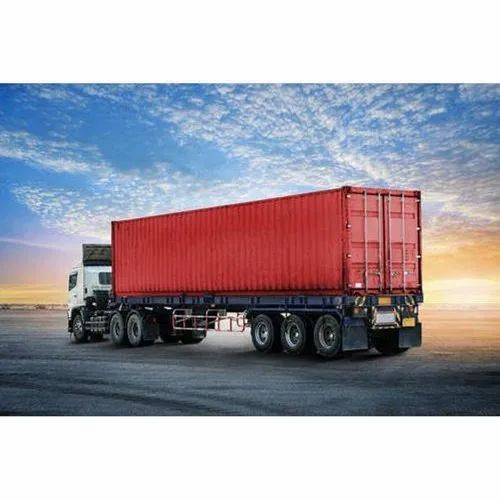In the realm of supply chain management, two terms often used interchangeably are logistics and shipment. While they are closely related, it is crucial to understand the subtle yet significant differences between the two concepts. In this article, we will delve into the depths of logistics and shipment, unraveling their unique characteristics and shedding light on their roles within the supply chain ecosystem.
- Defining Logistics:
Logistics encompasses a comprehensive set of activities involved in the planning, execution, and control of the flow of goods and services from the point of origin to the point of consumption. It encompasses various functions such as transportation, warehousing, inventory management, packaging, and information management. Logistics aims to optimize the movement of goods, minimize costs, and ensure timely delivery, ultimately enhancing customer satisfaction. - Understanding Shipment:
Shipment, on the other hand, refers specifically to the physical movement of goods from one location to another. It is a subset of logistics and focuses solely on the transportation aspect of the supply chain. Shipment involves selecting the appropriate mode of transportation, arranging carriers, tracking shipments, and managing documentation. It plays a vital role in ensuring that goods reach their intended destinations efficiently and securely. - Key Differences:
3.1 Scope:
Logistics encompasses a broader scope, encompassing various activities beyond transportation, such as warehousing, inventory management, and information flow. Shipment, on the other hand, is a narrower concept, solely focusing on the transportation of goods.
3.2 Timeframe:
Logistics is a continuous process that involves long-term planning, coordination, and optimization of the entire supply chain. Shipment, however, is a more immediate and time-bound activity, focusing on the physical movement of goods from one point to another within a specific timeframe.
3.3 Integration:
Logistics requires seamless integration and coordination among different stakeholders, including suppliers, manufacturers, distributors, and retailers. Shipment, although a crucial component of logistics, can be outsourced to third-party logistics providers or shipping companies.
- Importance in the Supply Chain:
Both logistics and shipment play pivotal roles in the smooth functioning of the supply chain. Logistics ensures the efficient management of resources, minimizes costs, and enhances customer satisfaction. Shipment, as a subset of logistics, ensures the physical movement of goods, enabling timely delivery and reducing lead times.
Conclusion:
In conclusion, while logistics and shipment are closely intertwined, they represent distinct aspects within the supply chain ecosystem. Logistics encompasses a broader range of activities, including transportation, warehousing, and information management, while shipment focuses solely on the physical movement of goods. Understanding these differences is crucial for businesses to optimize their supply chain operations and deliver exceptional customer experiences.



Average Rating